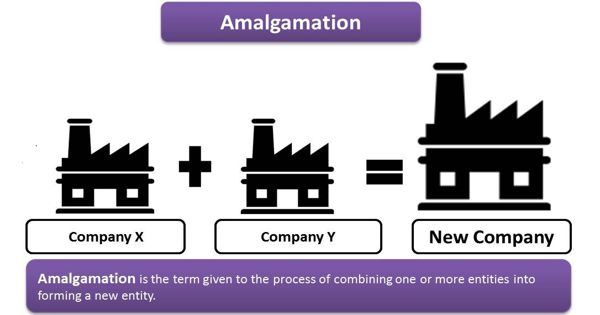Amazon said on Friday that it holds a 20% investment in Rivian, an electric car company that filed for an initial public offering earlier this month. According to the report, as of September 30, the e-commerce behemoth had equity stakes, including preferred shares in Rivian that represented around a 20% ownership position. As of December 31, 2020, that holding had a “carrying value” of $3.8 billion, up from $2.7 billion.
The information, which was discovered in a regulatory filing, sheds new light on how intimately Rivian’s destiny linked to Amazon. According to Rivian’s first public offering, Amazon has invested $1.345 billion in the electric vehicle manufacturer. Amazon also recently bought $490 million in Rivian convertible notes, which will convert to Class A shares after the IPO if certain price restrictions are met.

Amazon is a customer as well as an investor in Rivian. Rivian and Amazon signed a deal in September 2019 to construct 100,000 electric delivery trucks. Rivian said earlier this month that it anticipates delivering at least 10 vehicles in December 2021. By 2025, all of the vehicles (the remaining 99,990) will have been delivered.
Rivian’s first public offering filing made it apparent that Amazon was an important component of the company’s universe. For example, Amazon mentioned 81 times in the Rivian S-1 filing, which is a large amount is given Amazon’s dual role as an investor and a client. At the time, it appeared as if Amazon-owned at least 5% of Rivian, while the exact percentage remained unknown. Amazon’s declaration reveals that their interest is much greater.
As TechCrunch has reported, the company’s close ties to Amazon are both a benefit and a liability. According to the risk-factor part of Rivian’s S-1:
We expect that a client an associate of one of our major owners will account for a significant amount of our initial income. Our company, prospects, financial status, outcomes of operations, and cash flow may be substantially and adversely affected if we cannot maintain this connection, or if this client now orders far fewer vehicles than we expected, or none at all.
















